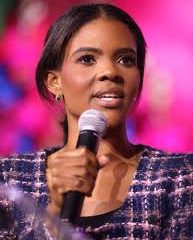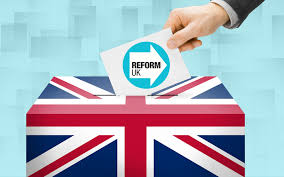Nigel Farage: A Political Maverick in the UK
Introduction
Nigel Farage, a central figure in British politics, has been instrumental in shaping the UK’s relationship with the European Union and driving discussions around Brexit. His influence stretches beyond mere party politics, resonating deeply within public sentiment and the rise of populism across Europe. As the UK navigates the implications of leaving the EU, understanding Farage’s role is crucial for evaluating the landscape of British political discourse.
Career and Political Journey
Farage first entered politics in 1999 when he was elected as a Member of the European Parliament (MEP) representing South East England. He quickly gained notoriety for his vocal opposition to EU regulations and was a founding member of the UK Independence Party (UKIP), which became the forefront voice for anti-EU sentiment in the UK. Farage’s charisma and insurgent style endeared him to a significant portion of the electorate, contributing to UKIP’s success in the 2014 European elections where the party topped the polls.
The zenith of Farage’s political influence came during the 2016 EU referendum, where he was a leading advocate for ‘Leave.’ The campaign, often marked by controversial statements and imagery, galvanised a significant demographic that felt alienated by the political establishment. Following the referendum, the path towards Brexit became a defining feature of his legacy.
Recent Developments
Recently, Farage has remained active, particularly in discussions surrounding post-Brexit policies and the direction of the Conservative Party. After leaving his role as leader of the Brexit Party, he has continued to influence public debates, positioning himself as a critic of both Labour and Conservative strategies regarding immigration and trade relations. His frequent appearances on media platforms solidify his status as an influential commentator, despite facing criticism for his views.
Furthermore, Farage’s engagements with grassroots organisations have kept him relevant within right-leaning political circles. His latest ventures include launching campaigns focused on issues such as national sovereignty and immigration control, resonating with his established base of supporters.
Conclusion
Nigel Farage remains a polarising yet significant figure within UK politics. As the nation grapples with the ramifications of Brexit and an evolving political landscape, his contributions cannot be overlooked. Observers forecast that Farage’s rhetoric will continue to shape debates and influence emerging political movements in the UK. For readers, understanding Farage’s motivations and actions may offer insights into the broader trends in British politics and the future dynamics between political factions.









